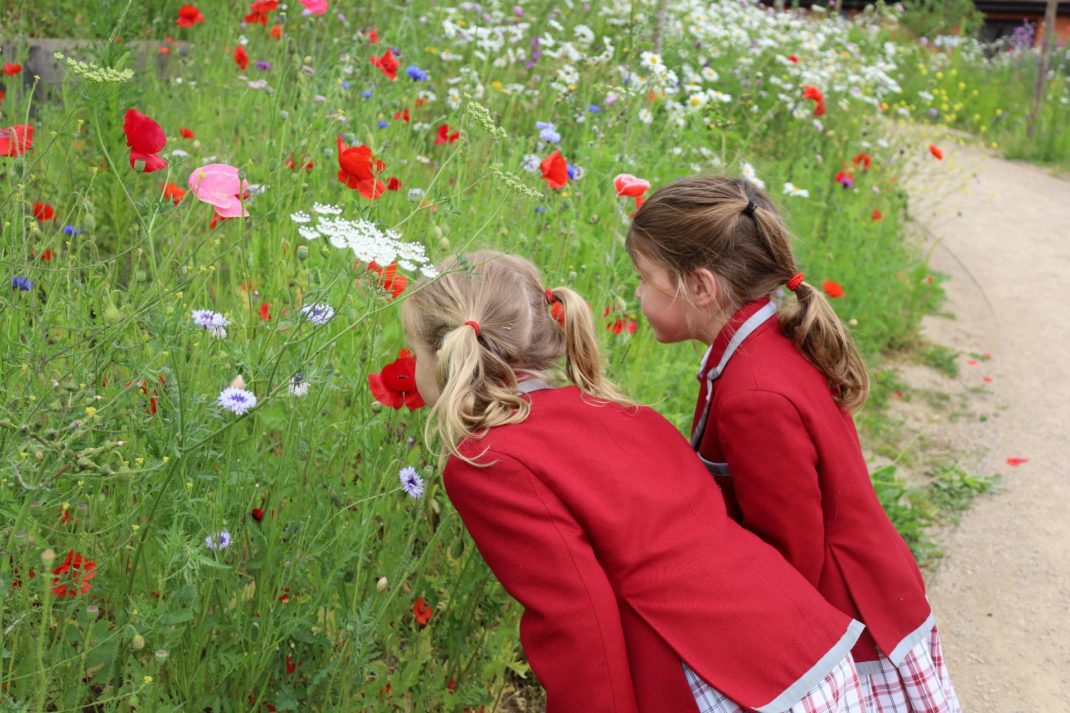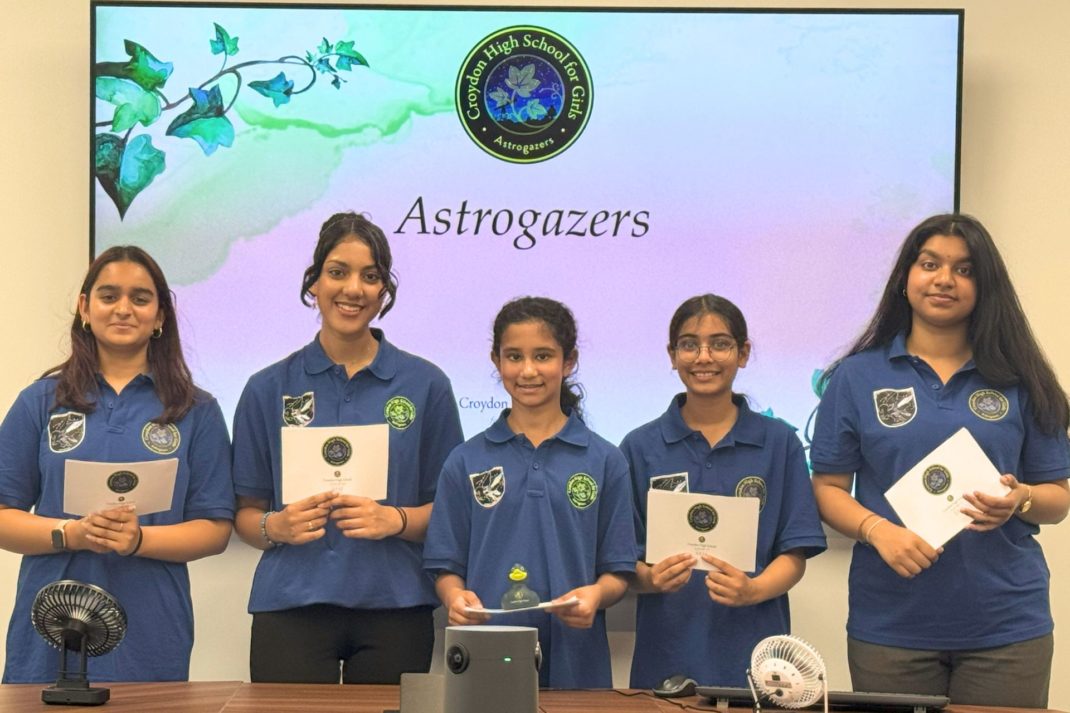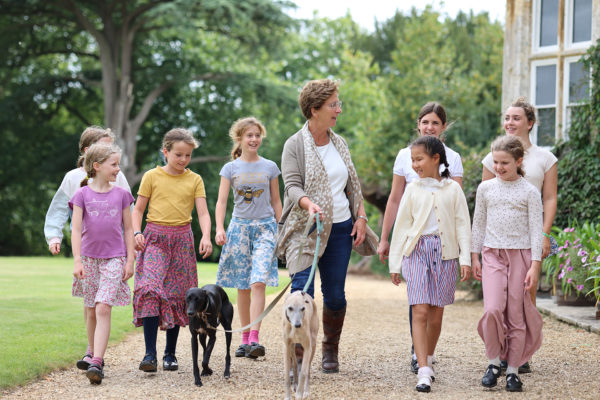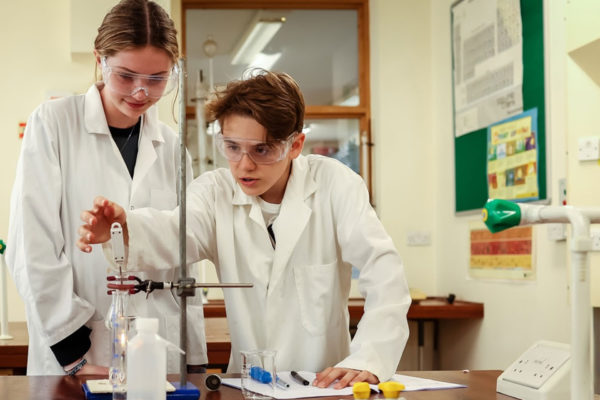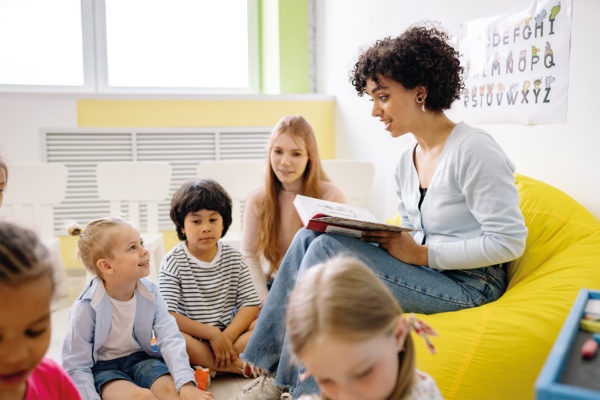What Lessons Did Schools Learn From The Pandemic? Sebastian Hepher Explains
By
2 years ago
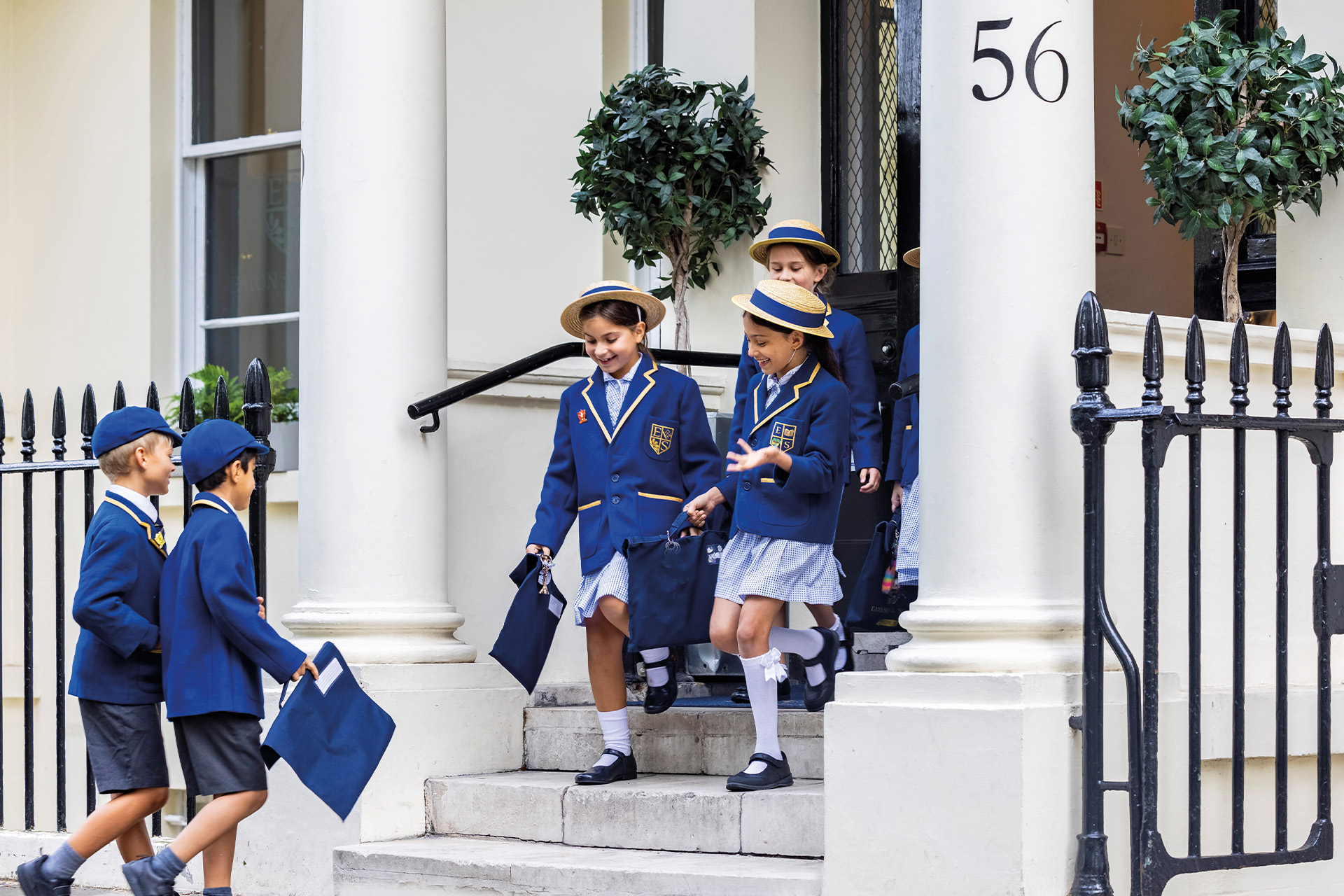
By focusing on improving social skills, we can help younger children to thrive, says Sebastian Hepher, Principal of Eaton Square Schools

Sebastian Hepher, Principal of Eaton Square Schools
When I meet parents of children who are looking to join one of our Nurseries or the Junior Prep School, they occasionally ask me whether we have seen any effect left by the pandemic on the younger children in the school. It is an interesting and pertinent question. Nursery Heads and those who lead Early Years settings within schools, have found that the pandemic is still playing out in terms of how the youngest of our pupils are engaging, interacting and developing. It is not uncommon for some children to have separation anxiety, to find it difficult to socialise and understand facial and tonal cues, and for others to have significant delay in their speech and language.
Those who lead the support and care of these pupils, the SENDCOs and their teams, have noticed a substantial rise in the number of children on their registers and it appears that this has been exacerbated by the pandemic and the ‘loss’ of the normal growing and developmental processes which would have occurred pre 2019/2020, although the trends for increased numbers of children with a statement of SEND/Education, Health and Care Plans (EHCPs) has been rising since 2017.
In 2022, the number of pupils with special educational needs (SEND) increased to 1.49 million pupils, representing 16.5 percent of all pupils nationwide.
The proportion of pupils with a statement of SEND/Education, Health and Care Plan (EHCP) increased to four percent in 2022.
The number of pupils with an EHCP has increased by nine percent between 2021 and 2022, and by a total of 50 percent since 2016.
It is clear then that schools and their pupils are still living with the after effects of the pandemic, and that a growing number of children require support as a direct consequence of their time away from the socially active and engaging classroom environments.
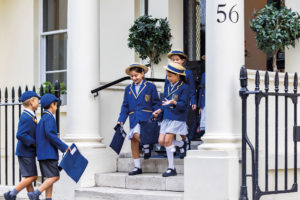
Eaton Square Schools
Nevertheless, one often hears that there were benefits from being locked down with parents for such a period of time and that it was highly unusual for families to be together for such long, uninterrupted periods. The chance to be able to form such strong bonds, to have time to fully understand and engage with one another and to interact for weeks and months on end is unlikely to be repeated.
Today we are still living through the consequences of those missed years with our youngest pupils and we can still see the impact, although with strong teaching, excellent support and proactive initiatives the vast majority of children have caught up and are back on course. Reading and numeracy are, in general, aligned to where we would usually expect the pupils to have been pre-pandemic, although there are pupils who are delayed in speech to a degree and numbers appear to have grown in this area.
The effects of the pandemic therefore appear to now be more focused on the missed social interaction and how this has affected the well-being of the young children within our schools, rather than academic attainment and progression. And of course this should not be surprising; children need to be with children when they are very young, and with their teachers to guide them. Simply watching the pupils at play in the nurseries is enough to make one understand just how much they are learning from each other each and every day; feeding their growth in so many ways. Having this time so crudely removed from their early years did have a huge impact, and although now diminishing, it is still evident. However the positive within this is that they are returning to where they should be, and they will most certainly do so in the months and years ahead.
Sebastian Hepher is Principal of Eaton Square Schools, London

